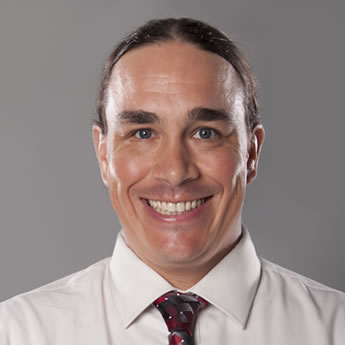

Discipline/Courses: English
Campus: North
UN SDGs related to your work: SDG #1 - No Poverty, SDG# 2 - Zero Hunger, SDG# 4 - Quality Education, SDG# 5 - Gender Equality, SDG# 6 - Clean Water and Sanitation, SDG# 7 - Affordable and Clean Energy, SDG# 8 - Decent Work and Economic Growth, SDG# 9 - Industry, Innovation and Infrastructure, SDG# 10 - Reduced Inequalities, SDG# 11 - Sustainable Cities and Communities, SDG# 12 - Responsible Consumption and Production, SDG# 13 - Climate Action, SDG# 14 - Life Below Water, SDG# 15 - Life on Land, SDG# 16 - Peace, Justice and Strong Institutions
As a faculty, what does changemaking mean to you? How do you define what changemaking education is to a faculty peer who's never heard the term?
Changemaking is learning about our community and the issues impacting it in order to empower students to take action and make a difference in our world.
Why do you consider yourself a changemaker faculty? What issues are at the center of your changemaking work?
In my courses, we learn about the history of our community and about the issues impacting it. In my ENC 1101 classes, students learn about history of Miami. We study the history of racial and ethnic inequality in our city and about the history of various peoples and groups who have made Miami their home. In my ENC 1102 courses, students select problems or issues facing our South Florida community and present solutions to address these issues.
To be a changemaker, it is important to:
To be a changemaker, it is important to be educated about our community and our world so that we can be active and engaged citizens.
What would you tell a faculty peer who would like to consider enhancing their teaching with a changemaking lens?
I would tell faculty and peers that incorporating changemaking is easy, that you're probably already doing it in your classes, and that it enhances your teaching as students tend to be active and engaged when learning about their community.